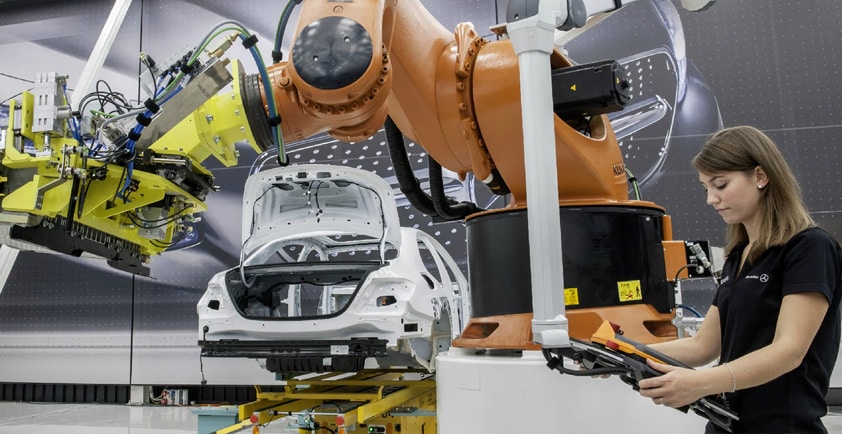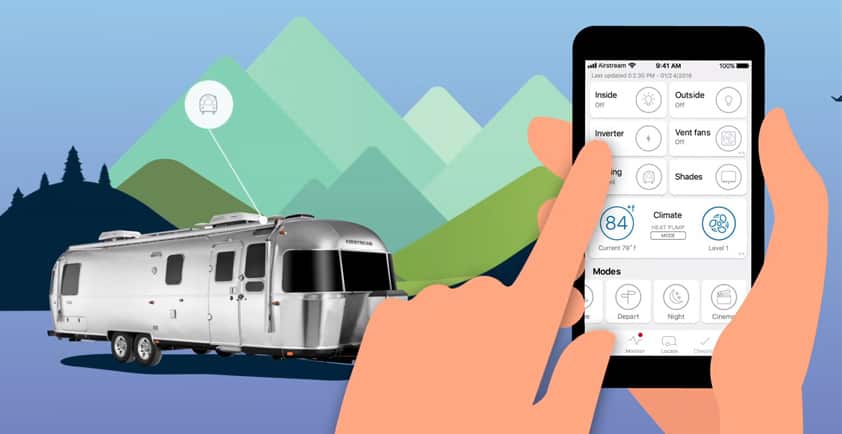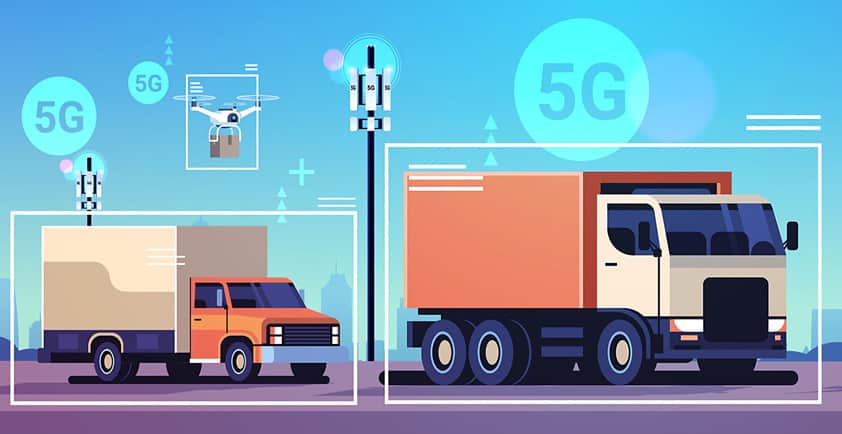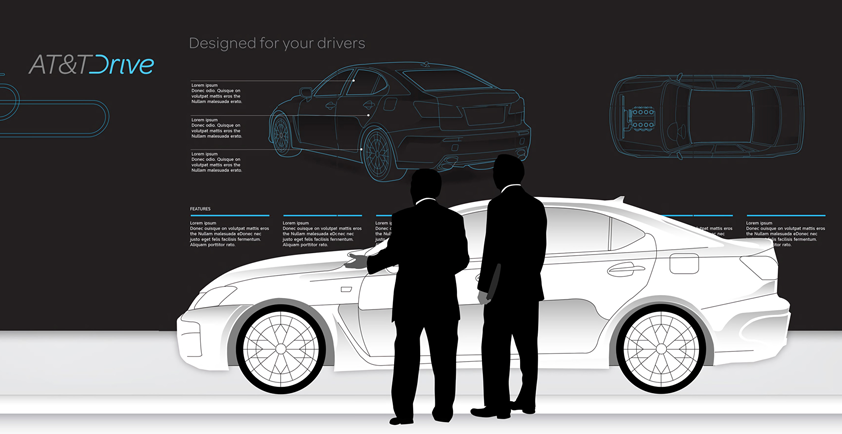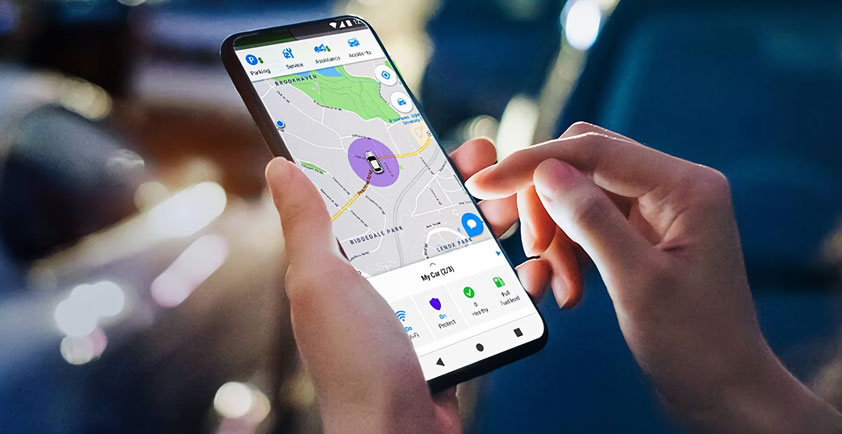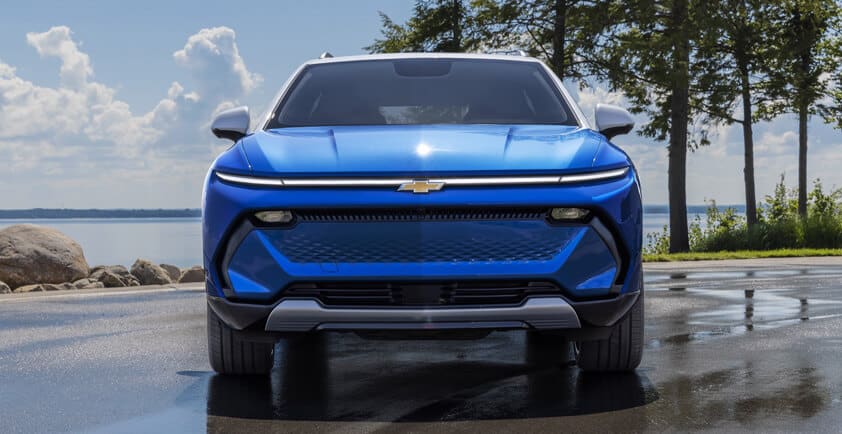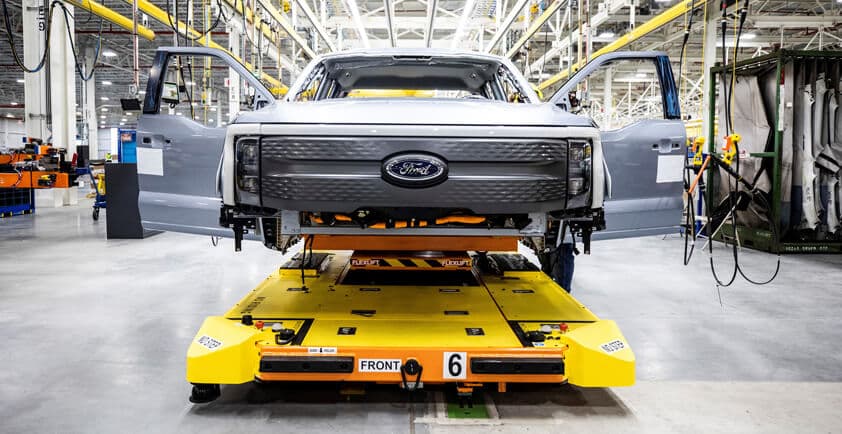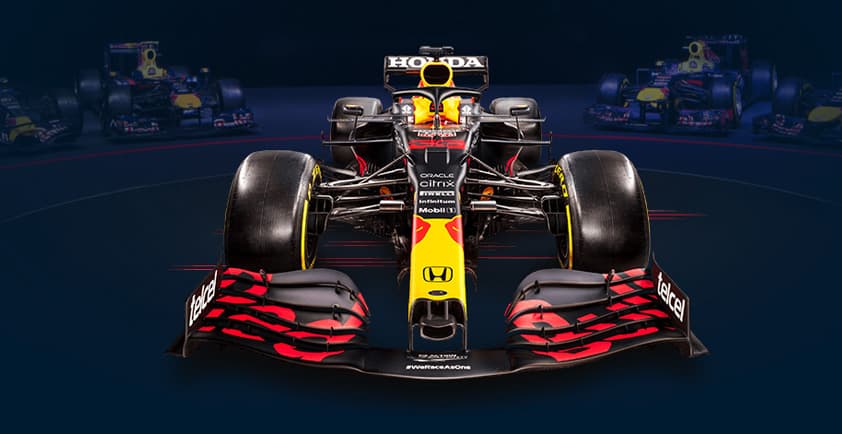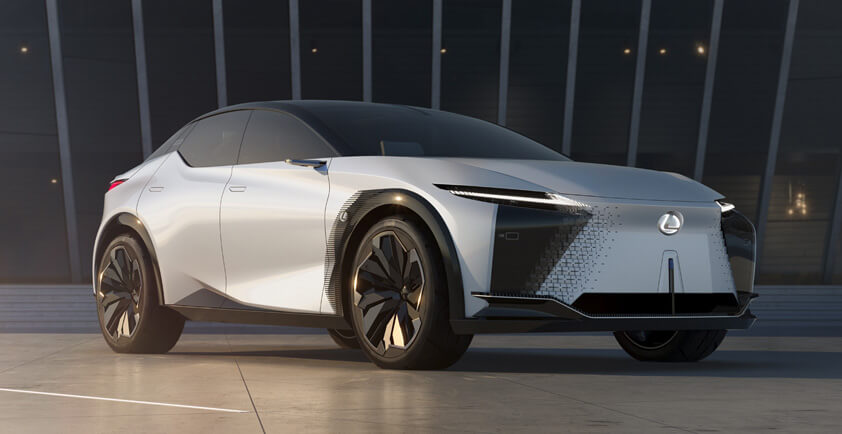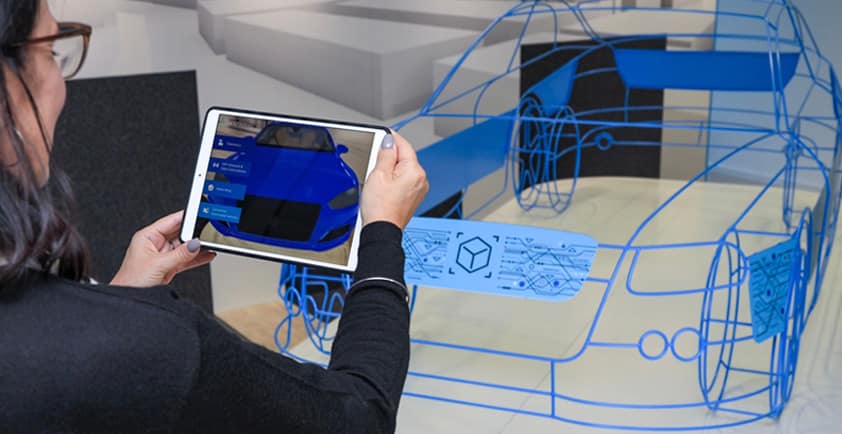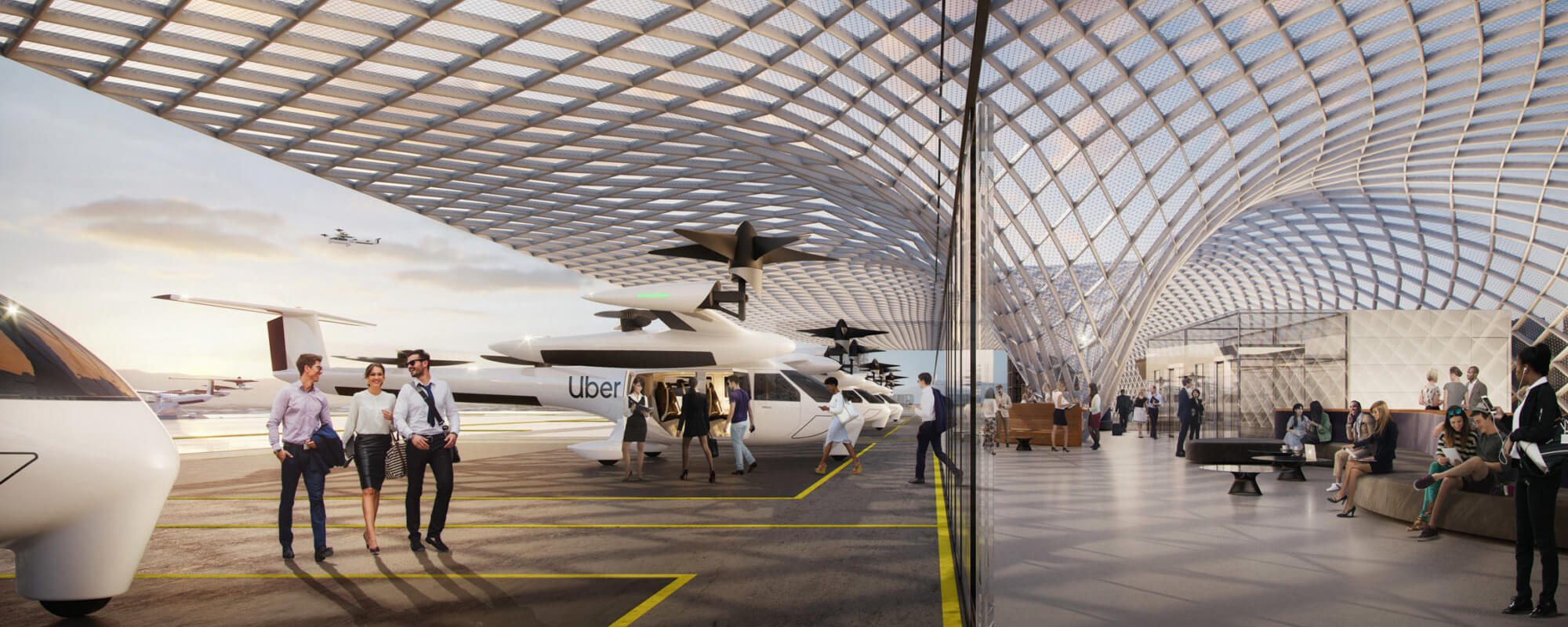
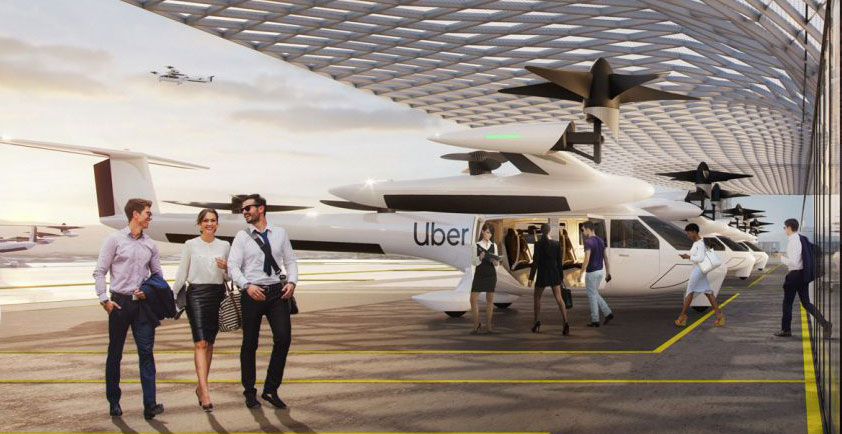
AT&T AND UBER WORKING TO BOOST COMMERCIAL AIR SERVICE
AT&T and Uber Exploring Applications for 5G in Air Taxis and Drones
Collaboration Aims to Boost Uber’s Commercial Air Service Planned for 2023
AT&T will explore with Uber how LTE and eventually 5G connectivity can enhance next-generation electric vertical take-off and landing vehicles (eVTOLs) and cargo drones.
This multi-phase collaboration plans to bring together AT&T’s outstanding 4G and industry-leading 5G expertise with Elevate, Uber’s air mobility business unit, to support advanced technologies eventually enabling aerial ridesharing and cargo delivery applications. The companies aim to revolutionize short-range air travel and logistics by exploring next-generation operational systems communications networks that enhance safety and reliability.
“We’re in the very earliest stages of seeing what 5G can do to augment next-generation air travel, but we’re excited for the possibilities,” said Andre Fuetsch, president, AT&T Labs, and chief technology officer. “Ridesharing services were one of the defining mobile applications of the 4G era. Air taxis and other new air vehicles could well eventually become a signature use case for 5G.”
“AT&T’s talented team of engineers and leading 5G capabilities have the potential to revolutionize wireless connectivity for eVTOLs and drones,” said Dr. Tom Prevot, Director of Engineering for Airspace Systems at Uber. “AT&T has already made important strides in pioneering connectivity capabilities above 500 feet in urban settings, and we look forward to working with them on the next generation of breakthroughs.”
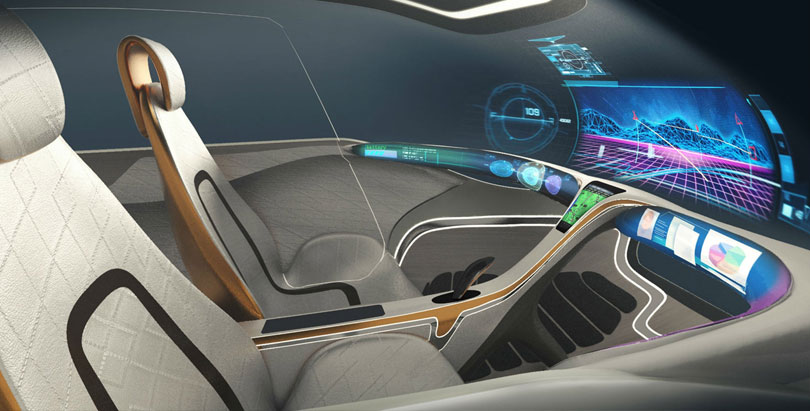
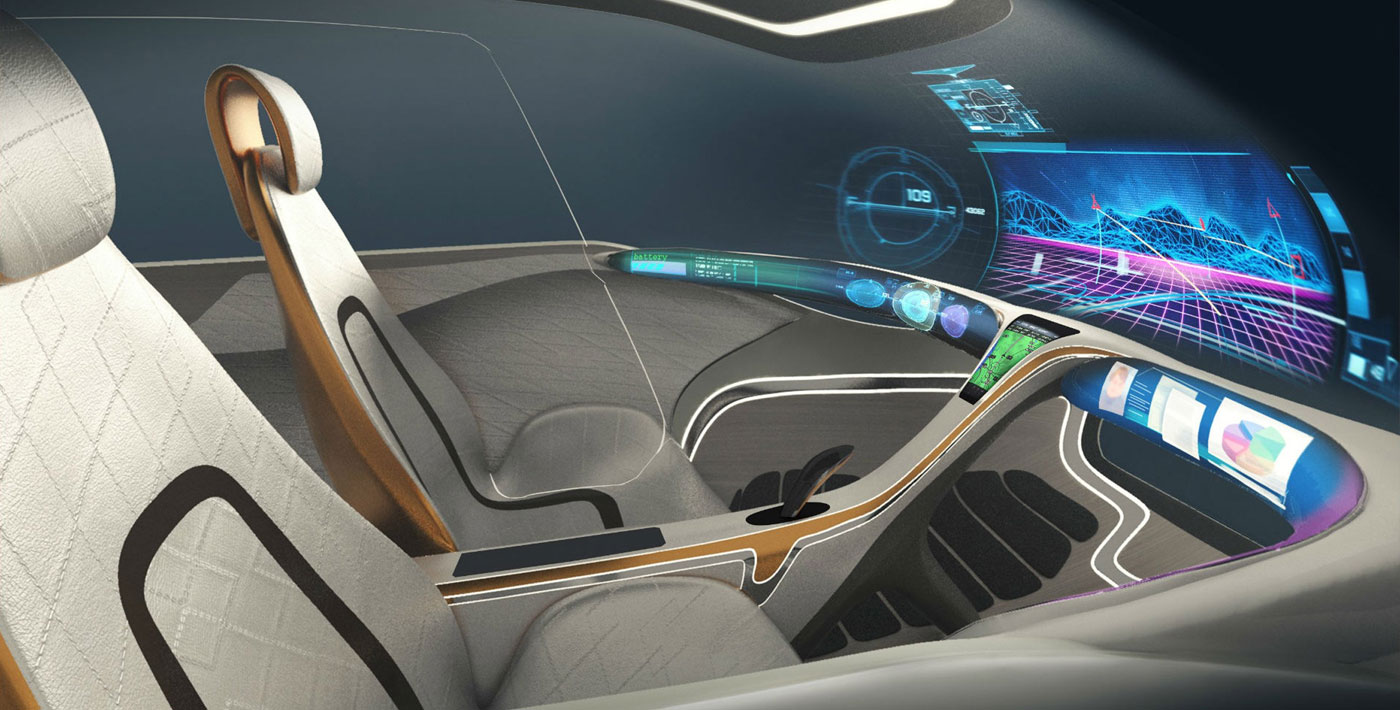
The first phase of the collaboration will likely last a year or more. During this time, AT&T and the Elevate team at Uber will focus on assessing and enabling 4G and 5G connectivity for piloted aircraft and autonomous cargo drones operating in low-altitude airspace. The goal is to test the boundaries of viable new technologies for aerial connectivity. Future phases may include more advanced projects such as edge computing and network slicing. These technologies would help further enable dedicated and reliable connectivity for air taxis and drones.
The AT&T Foundry will lead the project on the AT&T side, and will marshal the company’s expertise in radio access networks, data analysis, drones, and hardware design and optimization.
Uber’s team will include Elevate experts in airspace management, ridesharing software, and flight operations and will use Uber Copter pilot operations in New York as well as AT&T and Uber’s existing collaboration testing drone delivery concepts in San Diego.
AT&T was the first carrier in the U.S. to launch mobile 5G service in 2018. The company’s 5G millimeter wave service is now live in 19 cities, with plans to reach at least 30 cities. AT&T expects to have nationwide 5G sub-6Ghz service in first half- 2020. As a pioneer in drone technology, the company is committed to using IoT connectivity to help enable use cases across industries such as transportation, agriculture, retail, engineering and public safety.
Uber aims to launch its aerial ridesharing service in 2023 with commercial flight operations in Dallas-Fort Worth, Los Angeles and an international city to-be-announced at Uber Elevate Summit 2019.
